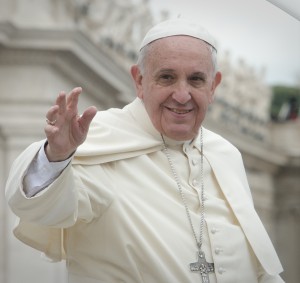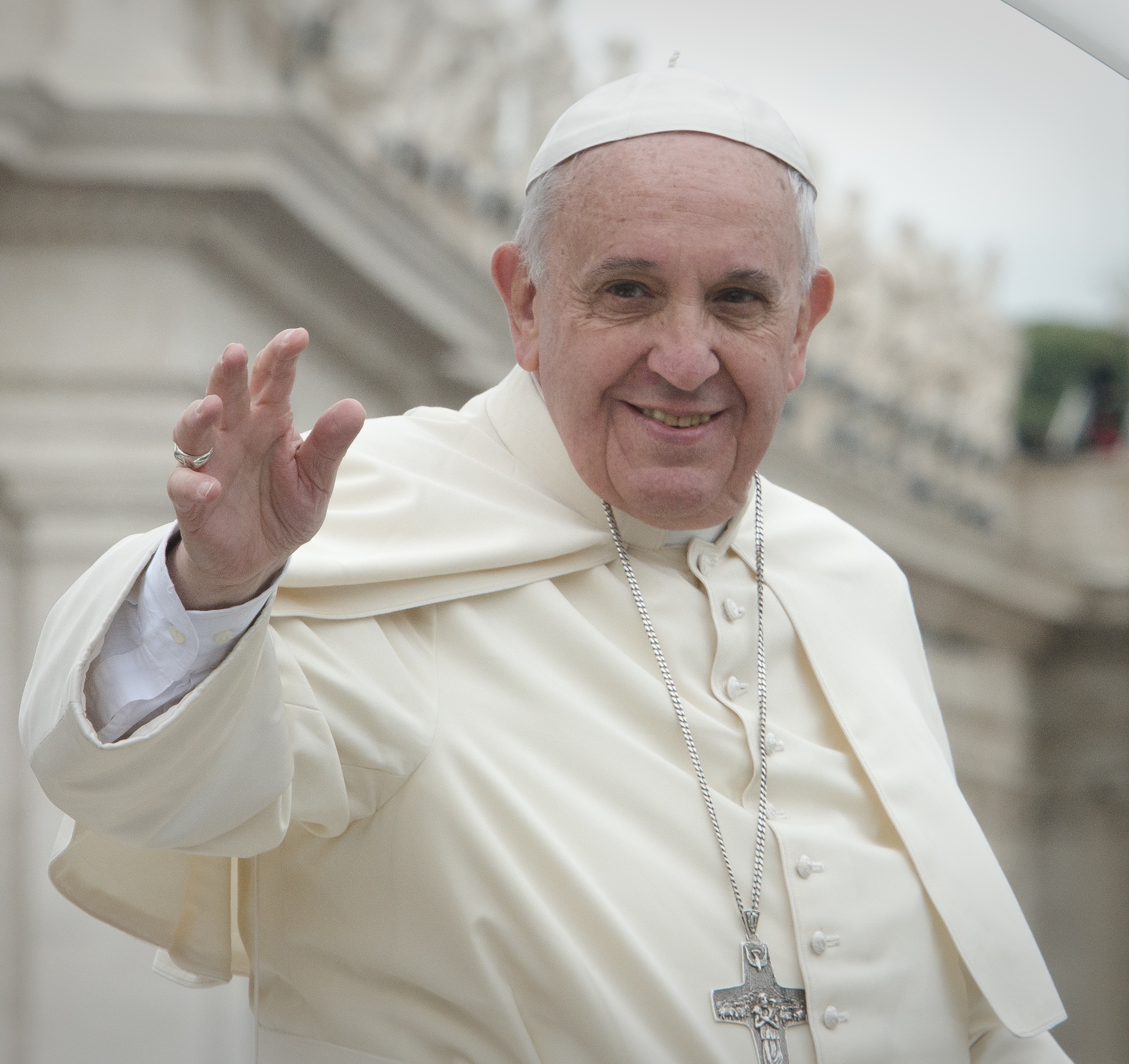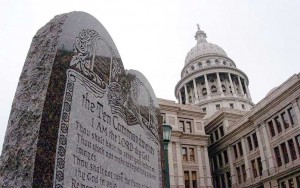Unlikely Pope Francis’ Meeting with Kim Davis was “By Chance”
 During Pope Francis’ recent visit to the U.S. the Pontiff sat down with Kim Davis–the Kentucky clerk jailed for declining to issue a marriage license to a same-sex couple in violation of her deeply-held religious beliefs–and her husband.
During Pope Francis’ recent visit to the U.S. the Pontiff sat down with Kim Davis–the Kentucky clerk jailed for declining to issue a marriage license to a same-sex couple in violation of her deeply-held religious beliefs–and her husband.
Many are trying to downplay the significance of the Pope’s conversation with the Davises–and some have even gone so far as to call it a “chance” meeting, as if they just happened to bump into each other while strolling around the Vatican Embassy.
When he travels, the Pope’s security detail is one of the largest of any public figure on earth. As Family Research Council explains, running into Pope Francis at the embassy would be a little like bumping into President Obama by chance during a tour of the White House. It simply could not happen.
FRC writes,
Pouncing on the private nature of the meeting, everyone from Reuters to the Associated Press is casting doubt on the nature of the get-together, and whether — in fact — the Vatican actually invited the Davises to meet the Pontiff. Some reporters are now insisting it was a random encounter, which is laughable considering the amount of security involved in the Pope’s visit. In a place like the Vatican Embassy, there’s absolutely no way the two parties could have accidentally crossed paths. As Liberty Counsel explained, the Davises were actually transported to the meeting by van by the Vatican’s own men. Kim was even asked to wear her hair up so that she’d be less recognizable.
Ultimately, the Davises ended up in a private room, where “no one else [was] present.” When the Pope arrived, he stretched out his hands and encouraged Kim to “stay strong,” something that wouldn’t have made sense unless he was familiar with her case. Now, several days later, the Vatican’s communications shop seems intent on giving the media a story where there is none. Pressed by reporters, Spokesman Federico Lombardi appeared to backtrack on the significance of the meeting, suggesting that no one should construe the invitation as an endorsement of Kim.
Later on after this meeting, as he was leaving the U.S. to return to Europe, Pope Francis answered a reporter’s question regarding whether or not government officials could decline to issue marriage licenses to same-sex couples, saying of conscientious objection,
“It is a human right and if a government official is a human person, he has that right. It is a human right.”
People may speculate about the nature of Pope Francis’ meeting with the Davises, but that statement to reporters seems pretty clear.
Photo Credit: Jeffrey Bruno from New York City, United States [CC BY-SA 2.0 (http://creativecommons.org/licenses/by-sa/2.0)], via Wikimedia Commons.



 According to various news sources, the Freedom From Religion Foundation based in Wisconsin is seeking to place a monument on the Arkansas Capitol grounds that would read at least in part,
According to various news sources, the Freedom From Religion Foundation based in Wisconsin is seeking to place a monument on the Arkansas Capitol grounds that would read at least in part,